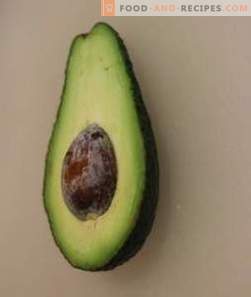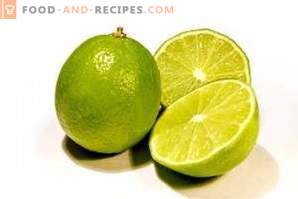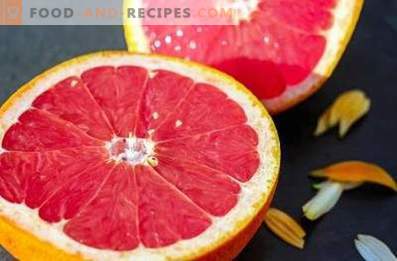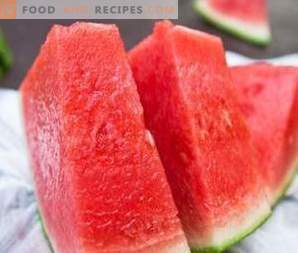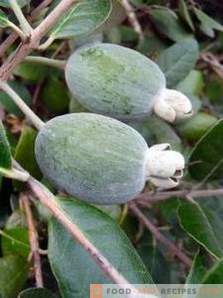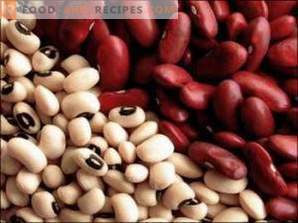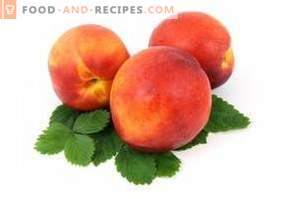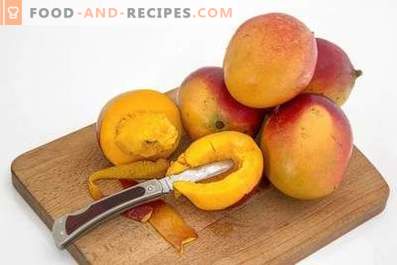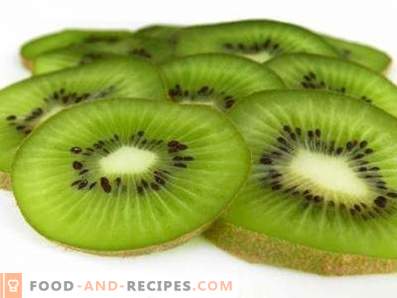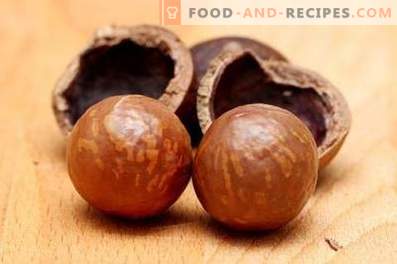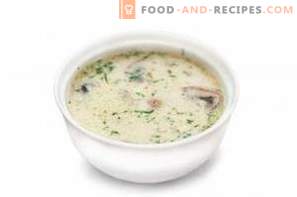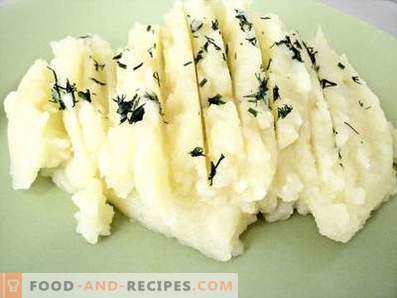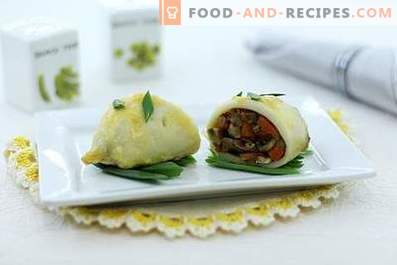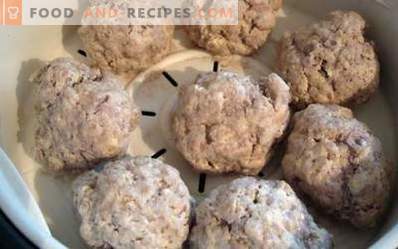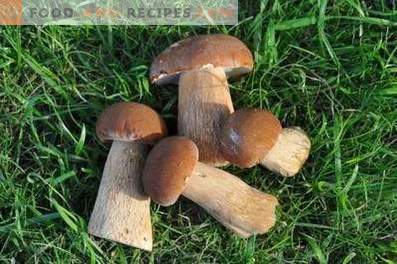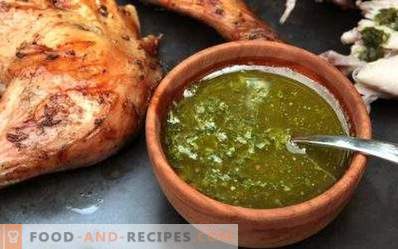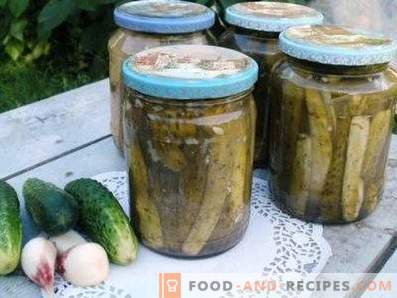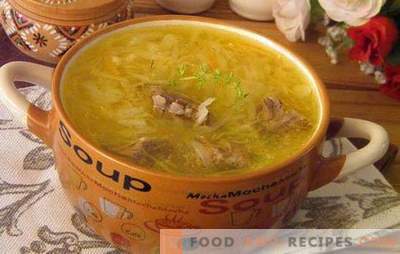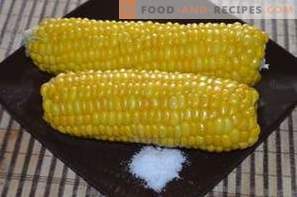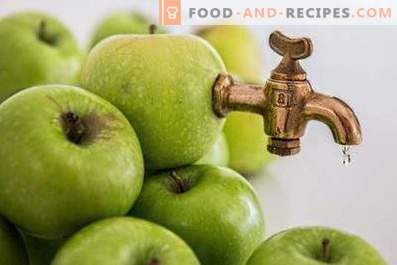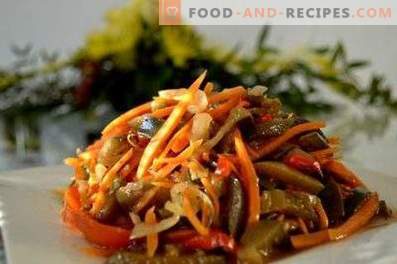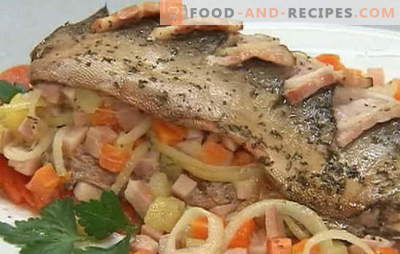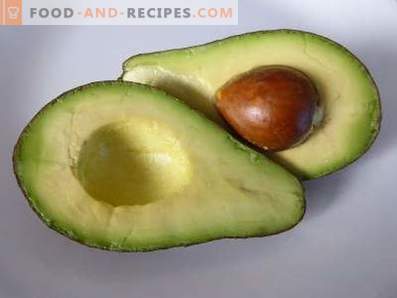
Avocado, or, as it is sometimes called, American Perseus, is an evergreen plant of the Perseus family of the Laurel family. This species is a typical representative of its kind, and the pulp of its fruit is surprisingly rich in vitamins and valuable minerals. Avocado wood is actively used in the manufacture of furniture and as a durable building material. In Russian-speaking territories, this fruit is sometimes called “agakat”.
The avocado tree is fast-growing, and its highly branched straight trunk can reach a height of 20 m. Large leaves have an elongated ellipse shape, their length can be about 30 cm. This plant loses leaves throughout the year. Small greenish bisexual avocado flowers are not very bright and are located in the leaf axils. Fruits belong to single-seeded berries and can be spherical in shape or in the form of a pear or ellipse. When ripe, the hard skin of an avocado changes color from dark green to black. Mature fruit can weigh from 40 g to 2 kg, and its diameter can reach 25 cm. The pulp has a green color with a yellowish tinge and contains a high concentration of fat. In the center of the oily fruit is a large seed.
According to historical excavations, it can be concluded that the cultivation of avocados began about 3,000 years before our era. In the Aztec tribe it was considered forest oil, therefore they called it “aukatl”. The literary mention of aguacata is first found in the middle of the 16th century in Pedro Cieza de Leon’s Chronicle of Peru (there is good reason to assume that this is exactly avocado). Historical studies indicate that the Aztecs had extensive knowledge of the healing properties of avocados. For example, the ground stone was mixed with soot and the resulting mixture was combated with dandruff and scabies. Nowadays, this useful fruit is cultivated in the tropics and subtropics: in some regions of the USA, Brazil, Israel, and Africa. The yield of trees is about two hundred kilograms of fruit from one plant. Polymorphism is characteristic of avocado: more than 350 different varieties of this plant are known.
Vitamin composition and energy value of avocado fruit
The variety and abundance of the valuable components of the pulp of avocado has become a true legend. With its low calorie content, a tropical fruit is a very nutritious, unique product, which contains in its 100 pulp:
- 20 g of fat
- 1, 8 g of proteins
- 2 g of carbohydrates
- 74 g of water
- 160 kcal
- 3, 7 mg of dietary fiber
- 45, 3 μg of salts of folic acid
By the content of vitamins required for health promotion and normalization of metabolic processes (including almost all B vitamins), avocados can be compared with the best representatives of citrus fruits. In 100 g of the fruit is present:
- 7, 01 μg of vitamin A (ER)
- 0, 064 mg of beta-carotene
- 0, 069 mg of thiamine (B1)
- 0, 14 mg riboflavin (B2)
- 1, 392 mg of pantothenic acid (B5)
- 0, 255 mg of pyridoxine (B6)
- 83 μg of folic acid (B9)
- 11 mg of ascorbic acid (C)
- 1, 74 mg of niacin equivalent (PP)
- 21, 2 mcg of phylloquinone (K)
- 14, 4 mg of choline
Mineral value of avocado pulp
A unique set of macronutrients and microelements in the composition of avocados allows you to fill in the body's daily need for basic elements. Macro elements in the composition of 100 g of avocado:
- 12, 1 mg of calcium (Ca)
- 29, 2 mg of magnesium (Mg)
- 7, 3 mg of sodium (Na)
- 487 mg of potassium (K)
- 53 mg of phosphorus (P)
Trace elements contained in 100 g of avocado pulp:
- 0, 55 mg of iron (Fe)
- 0, 64 mg of zinc (Zn)
- 190 μg of copper (Cu)
- 0.22 mg manganese (Mn)
- 0, 4 mcg of selenium (Se)
- 7 μg of fluorine (F)
Useful properties of avocado
- Avocados very effectively increase the absorption of those nutritious foods that were consumed along with it. This is due to the fact that in the fruits of avocado there are a lot of vegetable fats, in which some vitamins are actively dissolved (for example, the most important types of carotene and lutein). It is estimated that when eating vegetable salad at the same time as avocado, it is absorbed by 4 and even 6 times more carotenoids than in the case of a meal without this fruit.
- Japanese researchers have shown that avocado is an excellent protection for the liver. In the laboratory, experiments were conducted on healthy rats. Experimental animals were injected with a very strong d-galactosamine toxin, due to which the liver neurosis had to develop in the body (exactly the same as would occur if viruses penetrated the liver cells). The group of rats that consistently consumed avocado suffered from the toxin significantly less than the other control groups of animals. It can be concluded that the unique healing properties of avocados can be the impetus for the development of new methods of treating viral hepatitis. Such hypotheses were put forward by the leading scientist who participated in the above experimental work, Hirozazu Koejishi.
- Chemical analysis at the University of Ohio (USA) established the presence of a combination of components in avocados, which, if it is harmless to healthy cells, can destroy malignant cancers in the oral cavity. Steven D'Ambrosio, who leads the study, said that in the future it is planned to actively explore the possibility of using avocados for treating other cancers.
- A large amount of fat in the pulp of avocado means only the ability of to raise the level of “good” cholesterol in the blood. Monounsaturated fruit fats, like olive oil, protect the cell walls from free radicals and integrity damage. “Good” cholesterol is very important for the prevention of diabetes and lowers the level of fat in the body, as one Canadian Medical Association article authoritatively points out.
- For vegetarians and followers of raw food, avocados can help in replenishing a large amount of all 18 essential amino acids, since this fruit is characterized by a high concentration of fiber.
- In combination with healthy fats, carotenoids are perfectly absorbed, strengthening the health of the visual organs and stabilizing the reproductive and immune system.
- Beta-sitosterol in a tropical product can only reduce the level of “bad” cholesterol in the blood by approximately 23% in just 7-8 days.
- The combination of selenium, carotenoids, zinc, phytosterols and vitamins E and C helps to fight inflammation in the body and prevents rheumatoid arthritis and osteoarthritis.
- Oleic acid and some other avocado fatty acids protect heart tissues from diseases.
- Folic acid, its salts and vitamins of group B almost neutralize the risk of congenital defects in children. In particular, these include the defective formation of the neural tube and the back of Bifida.
Contraindications to the use of avocado
Incredibly healthy fruit has several contraindications:
- Avocados should not be eaten in the presence of allergic reactions to fruits. Excessive consumption of these fruits can lead to irritation and rash.
- Some people have an individual intolerance to avocados.
- If you are allergic to latex, it is better not to try the pulp of this fruit.
The avocado pit contains several toxic substances and should in no case be used as food. Many people plant an avocado seed in a flower pot and grow this fruit tree at home.
It is important to remember that it is the raw fruit of avocado that has a unique set of useful properties that are partially lost during the heat treatment of the product.
